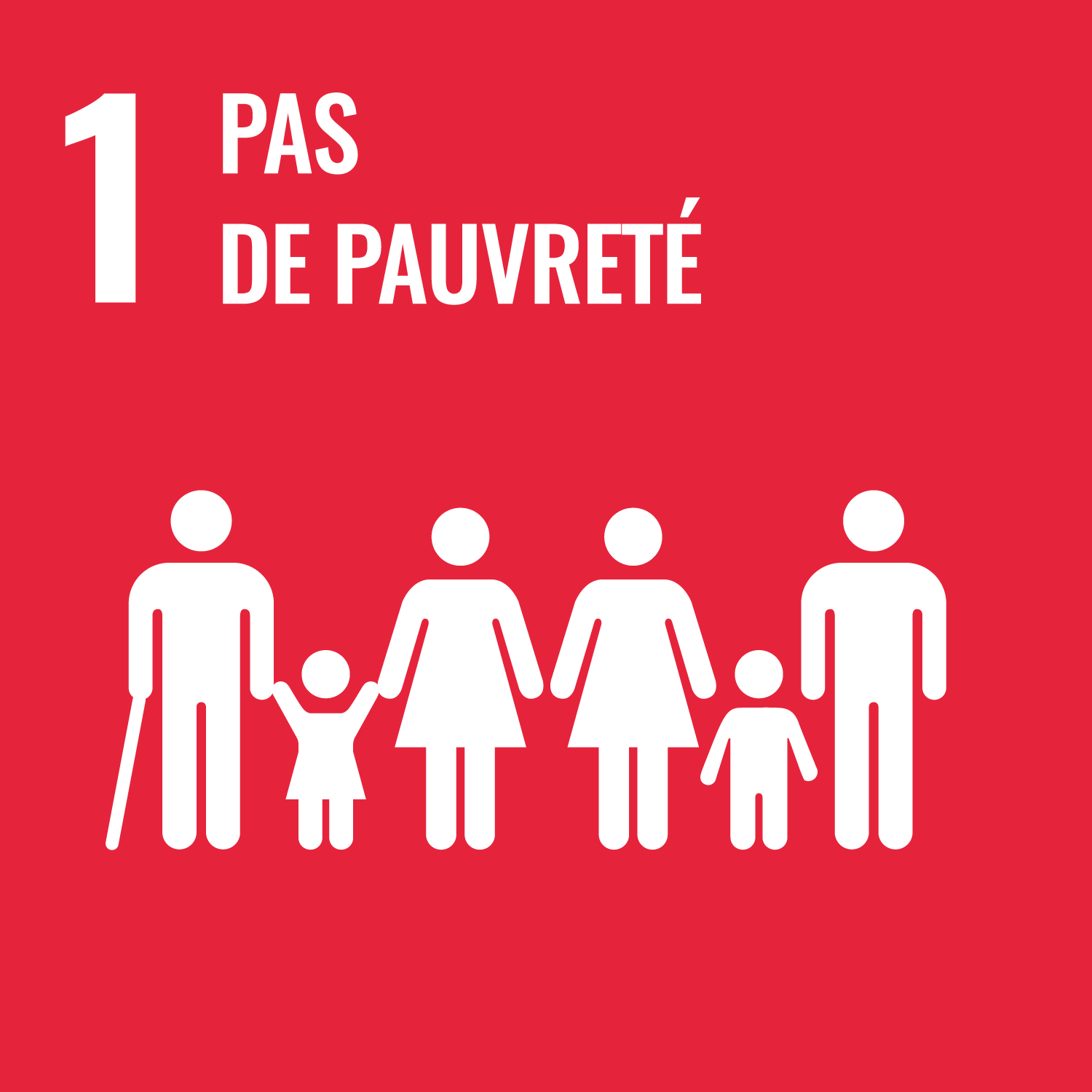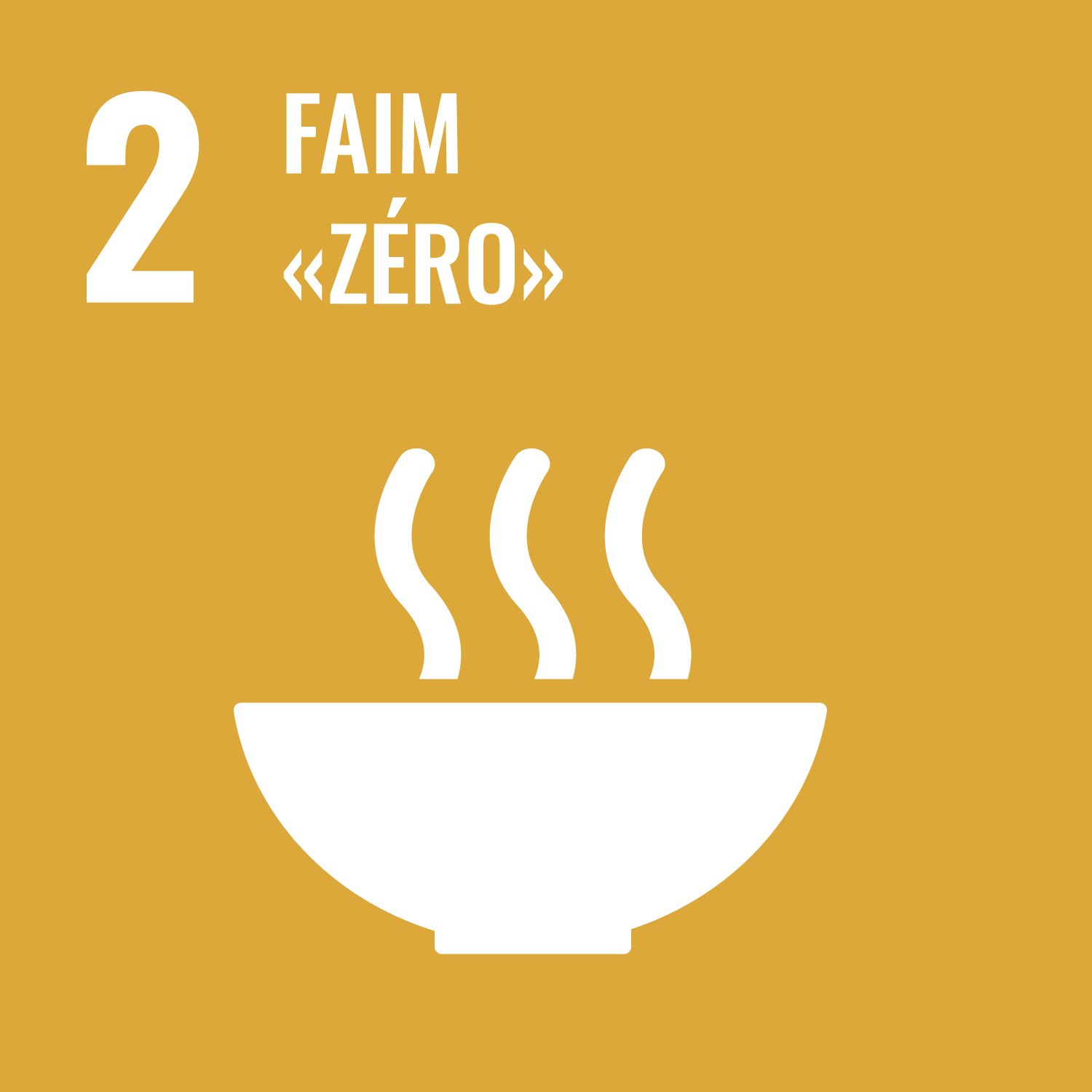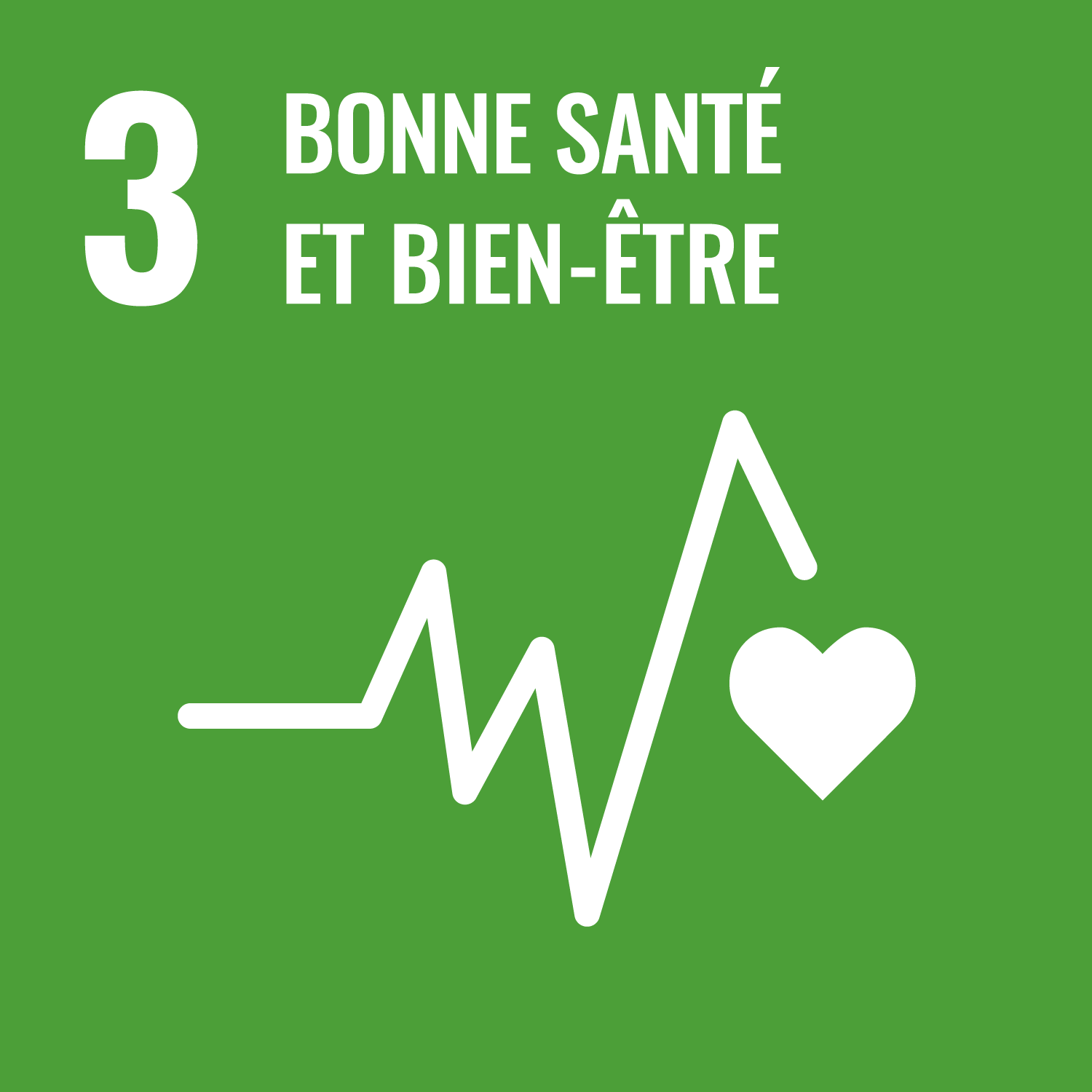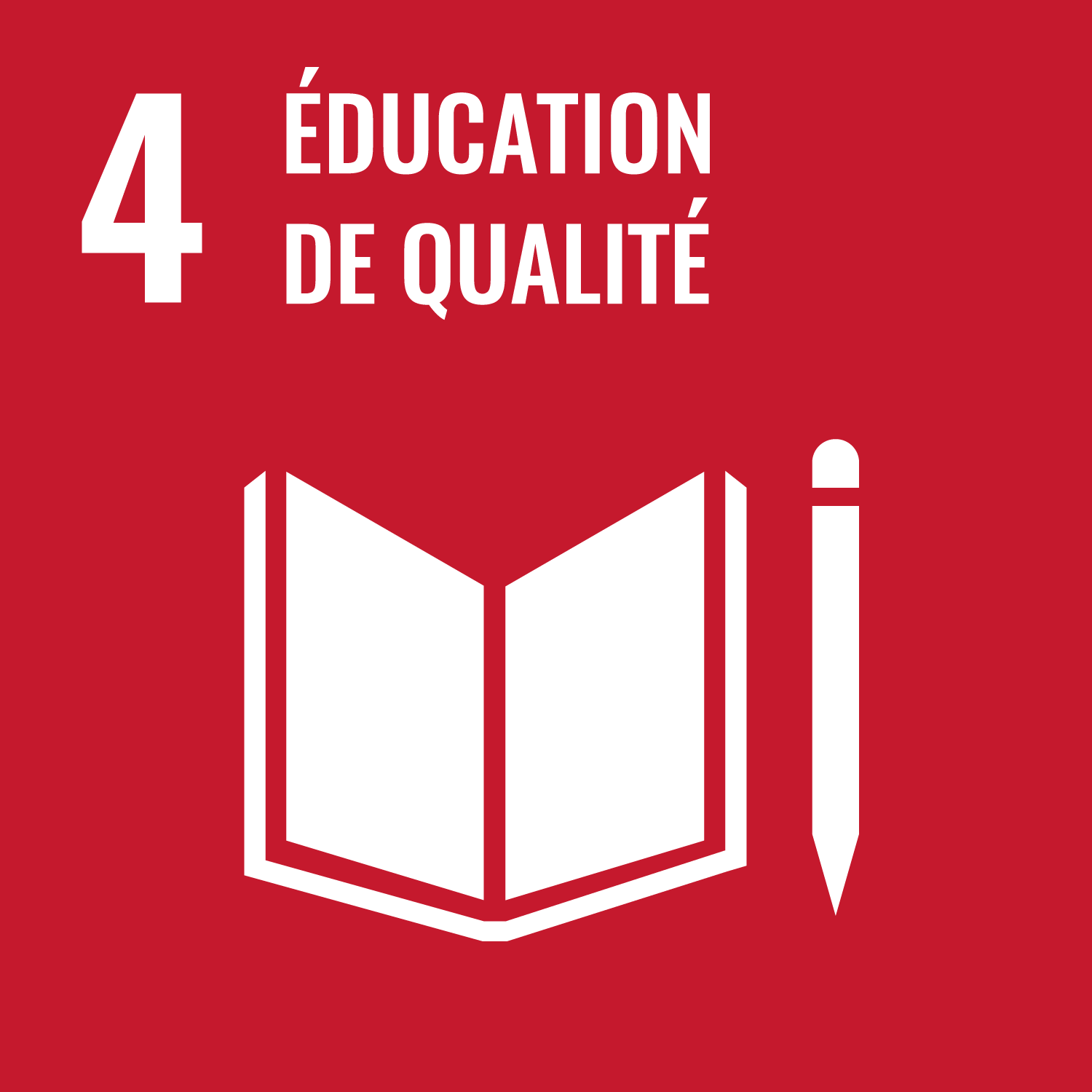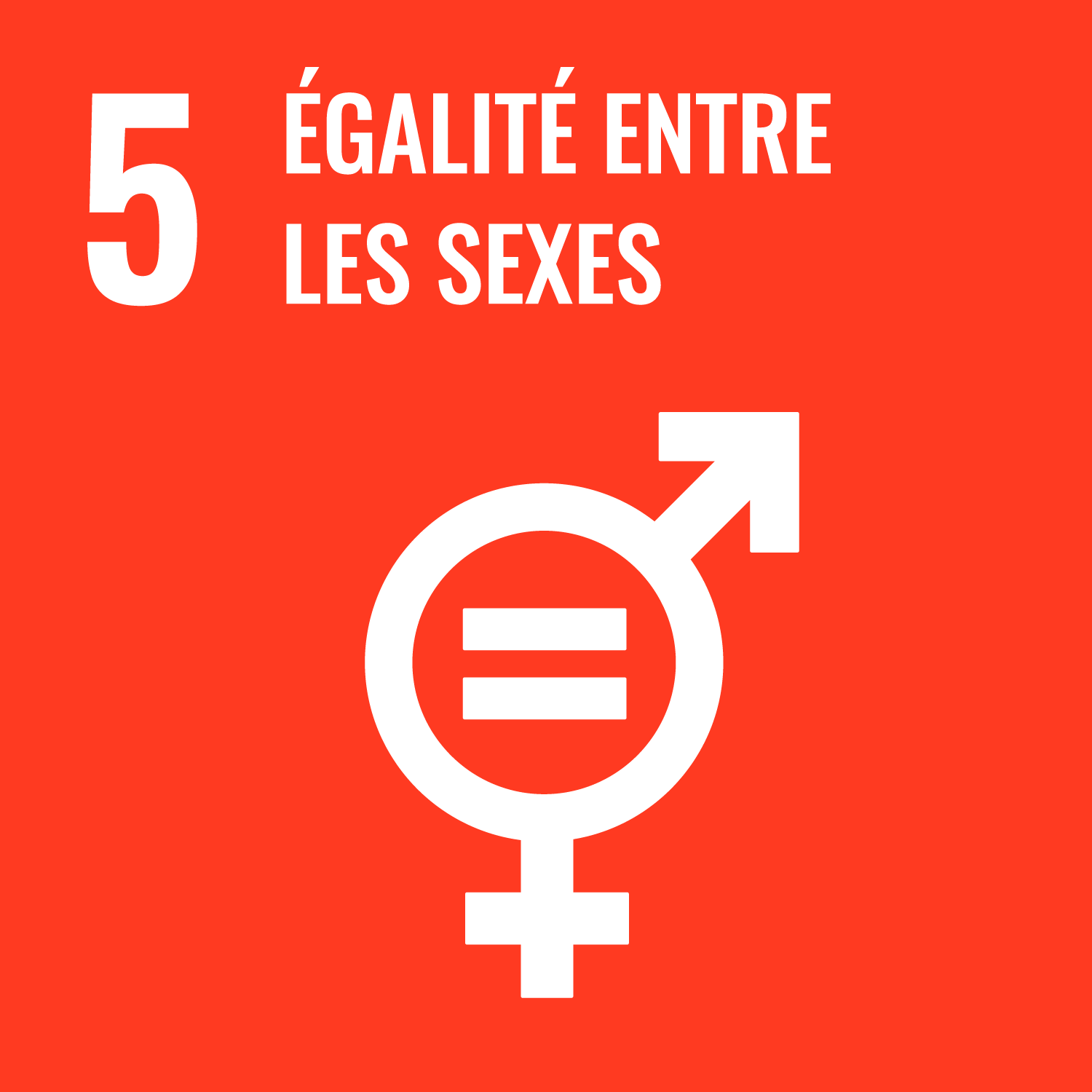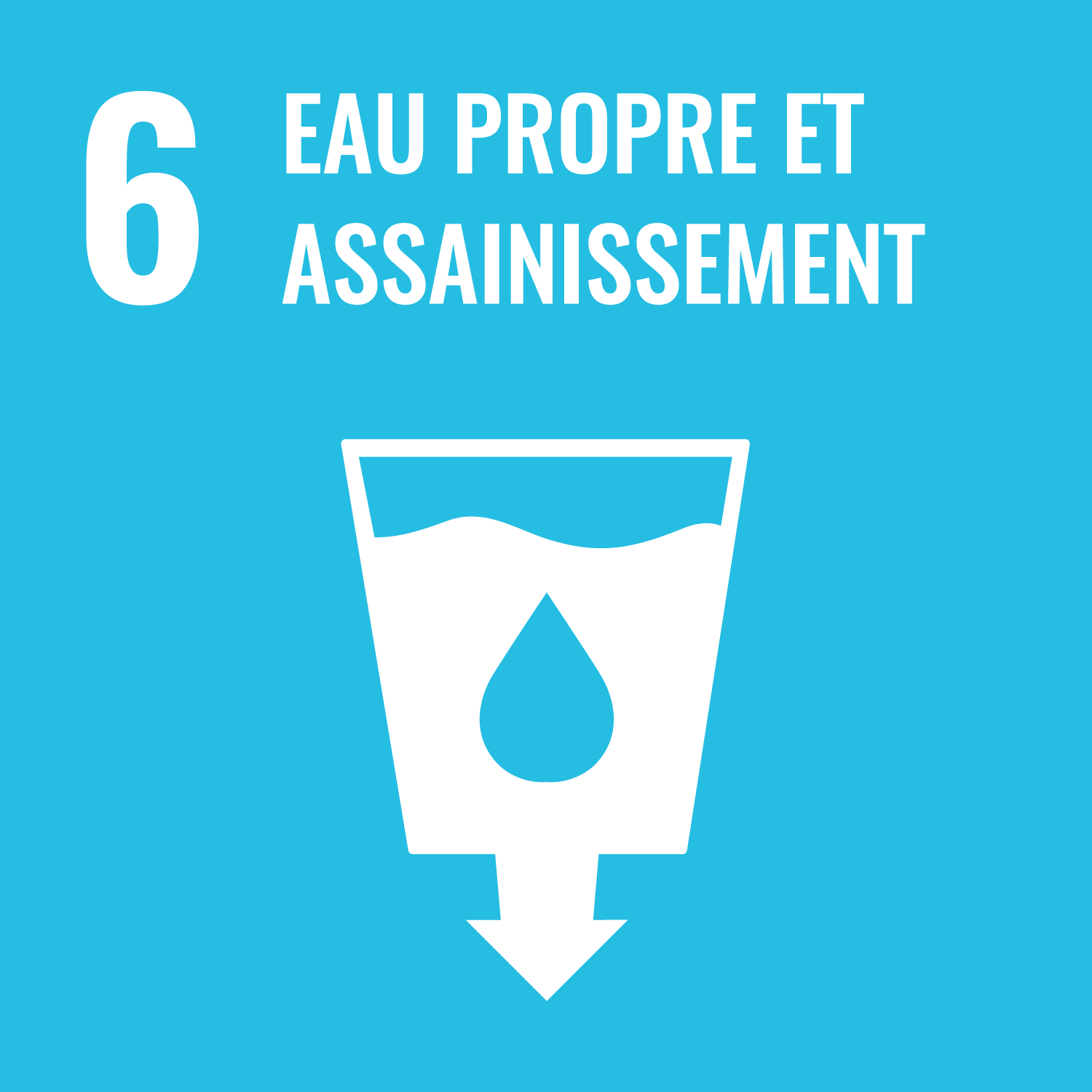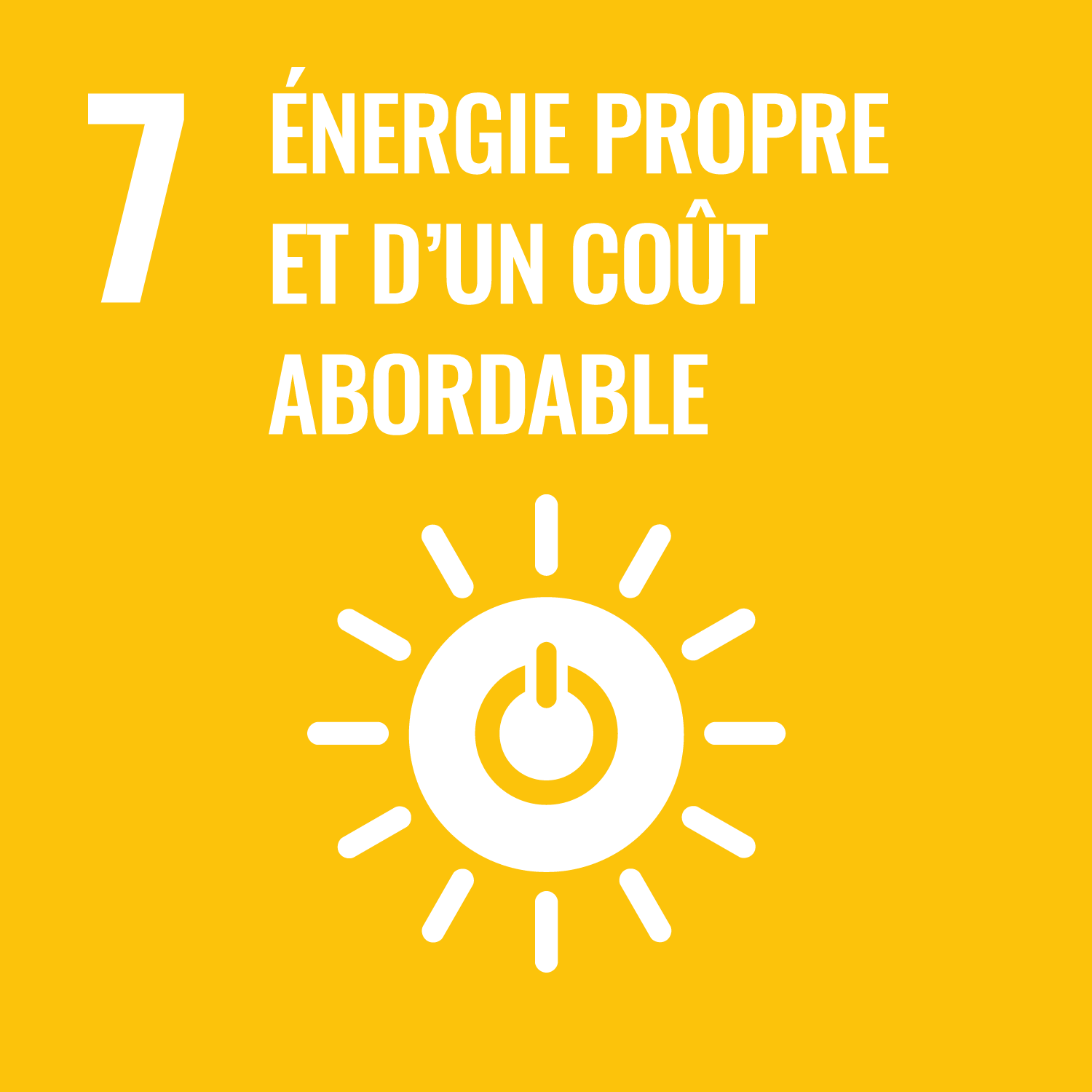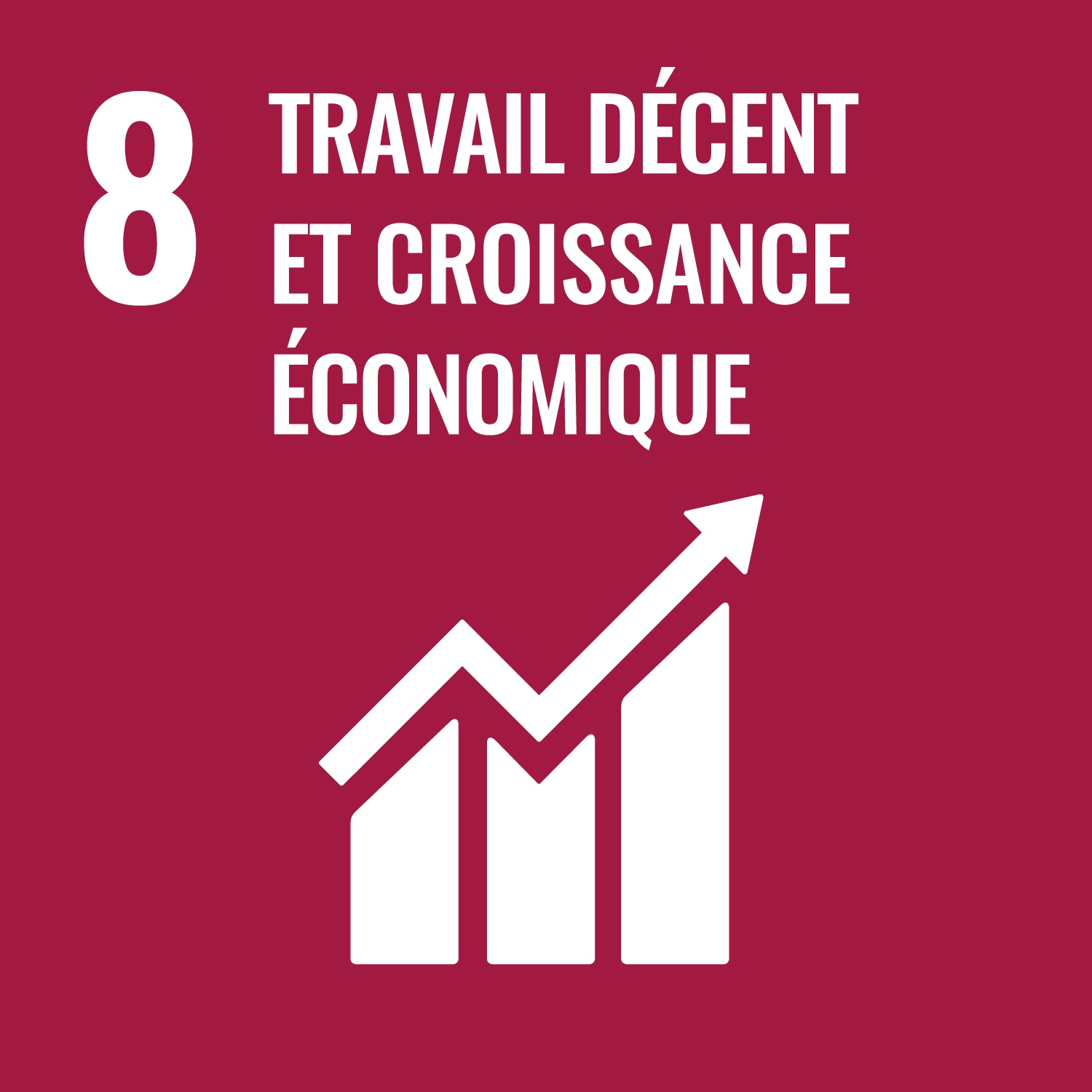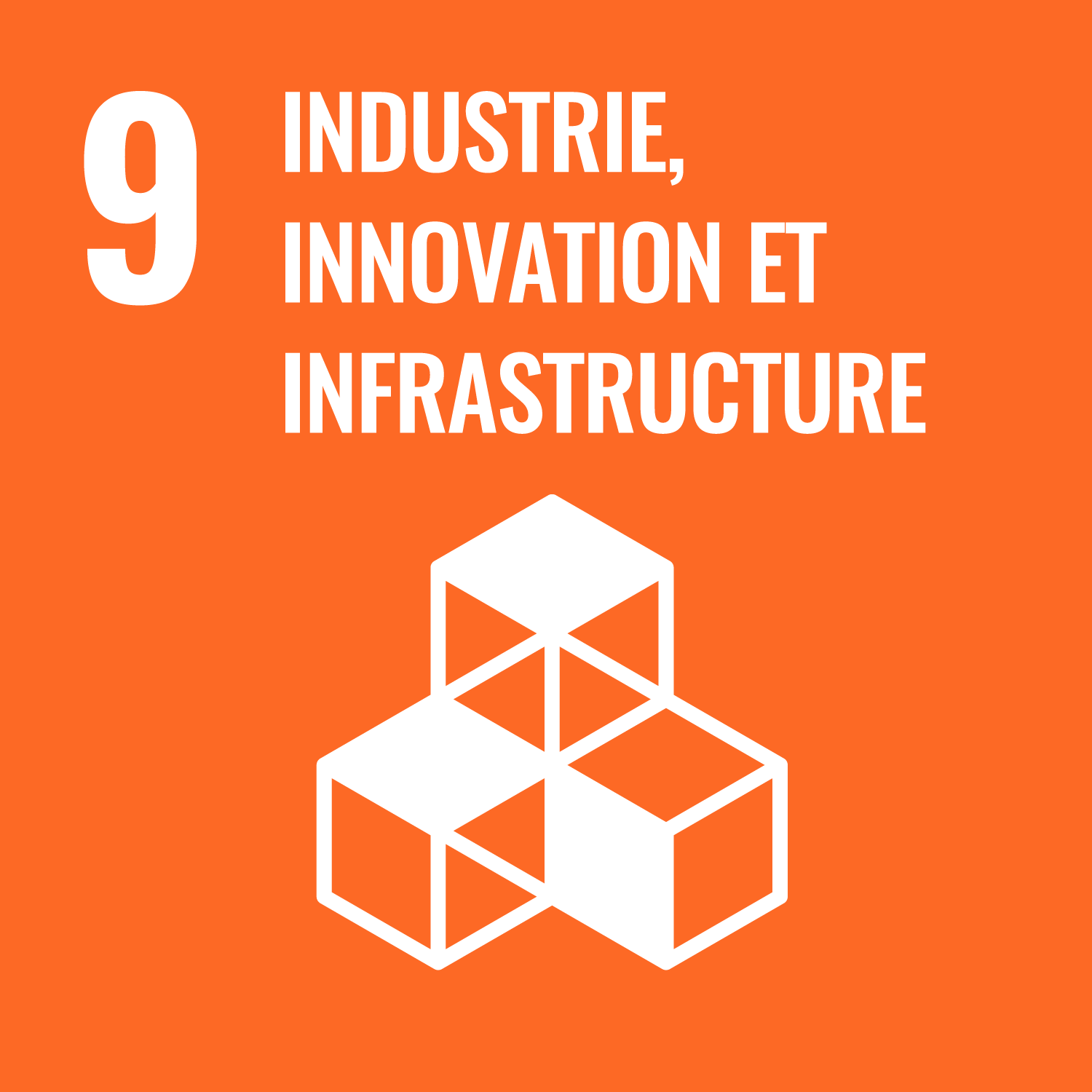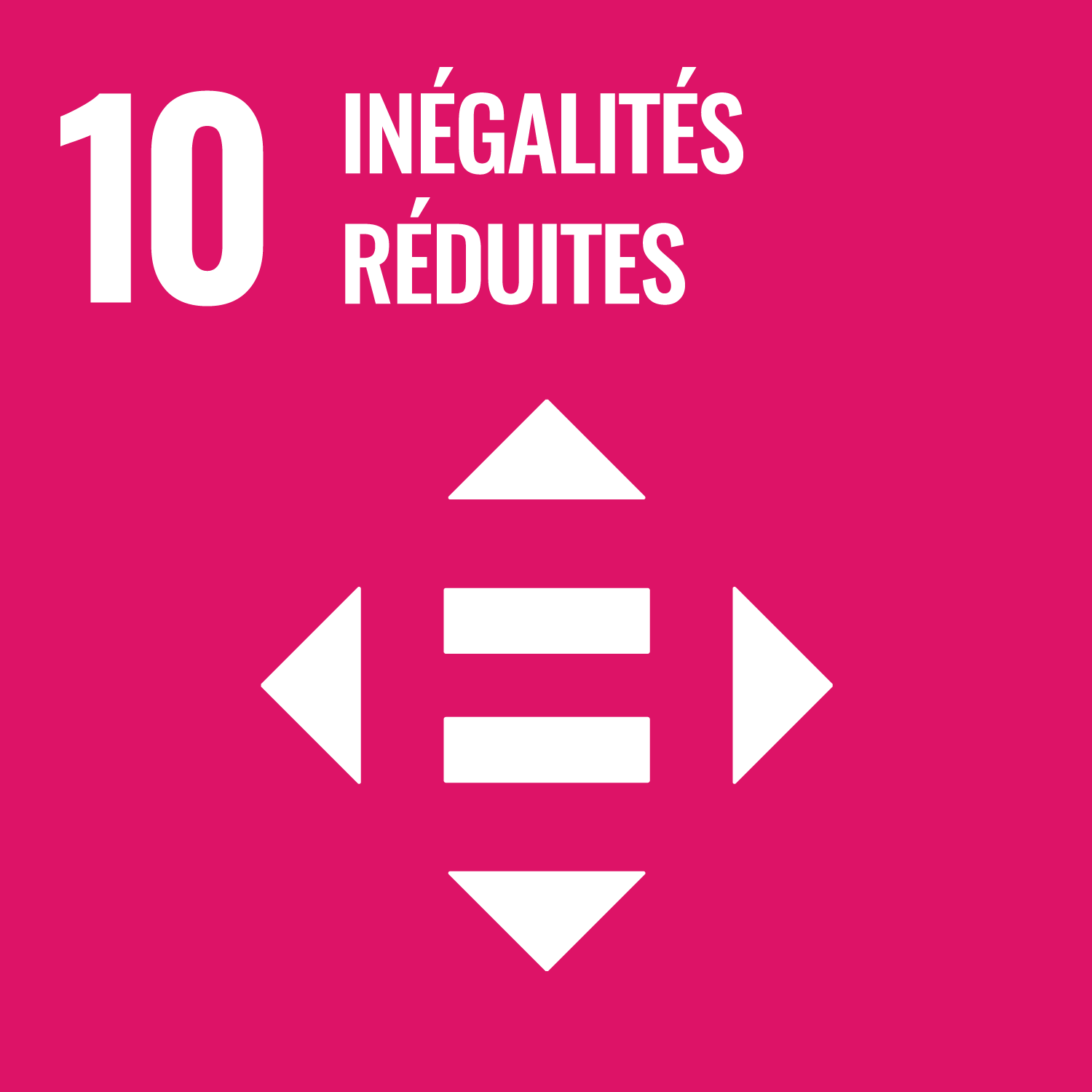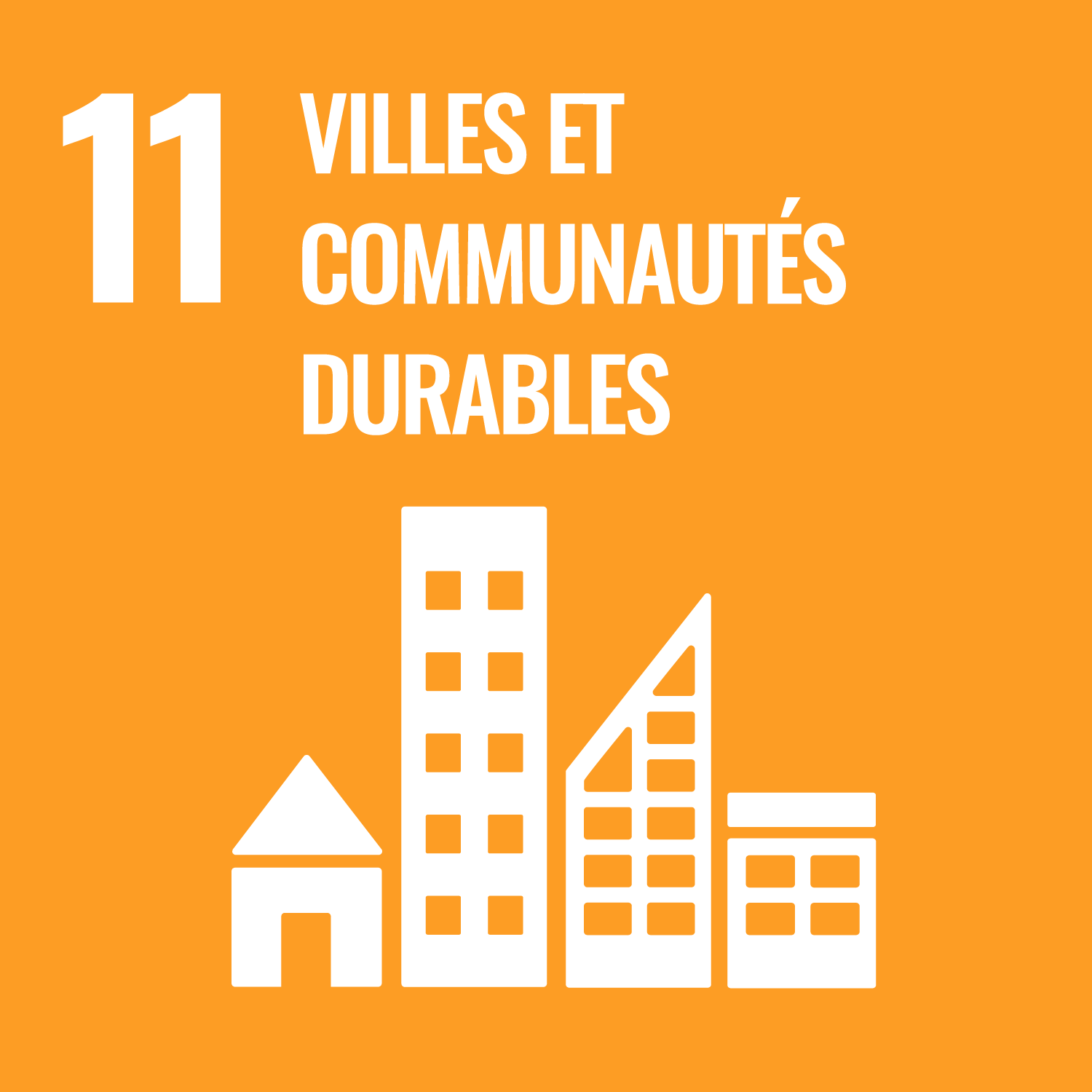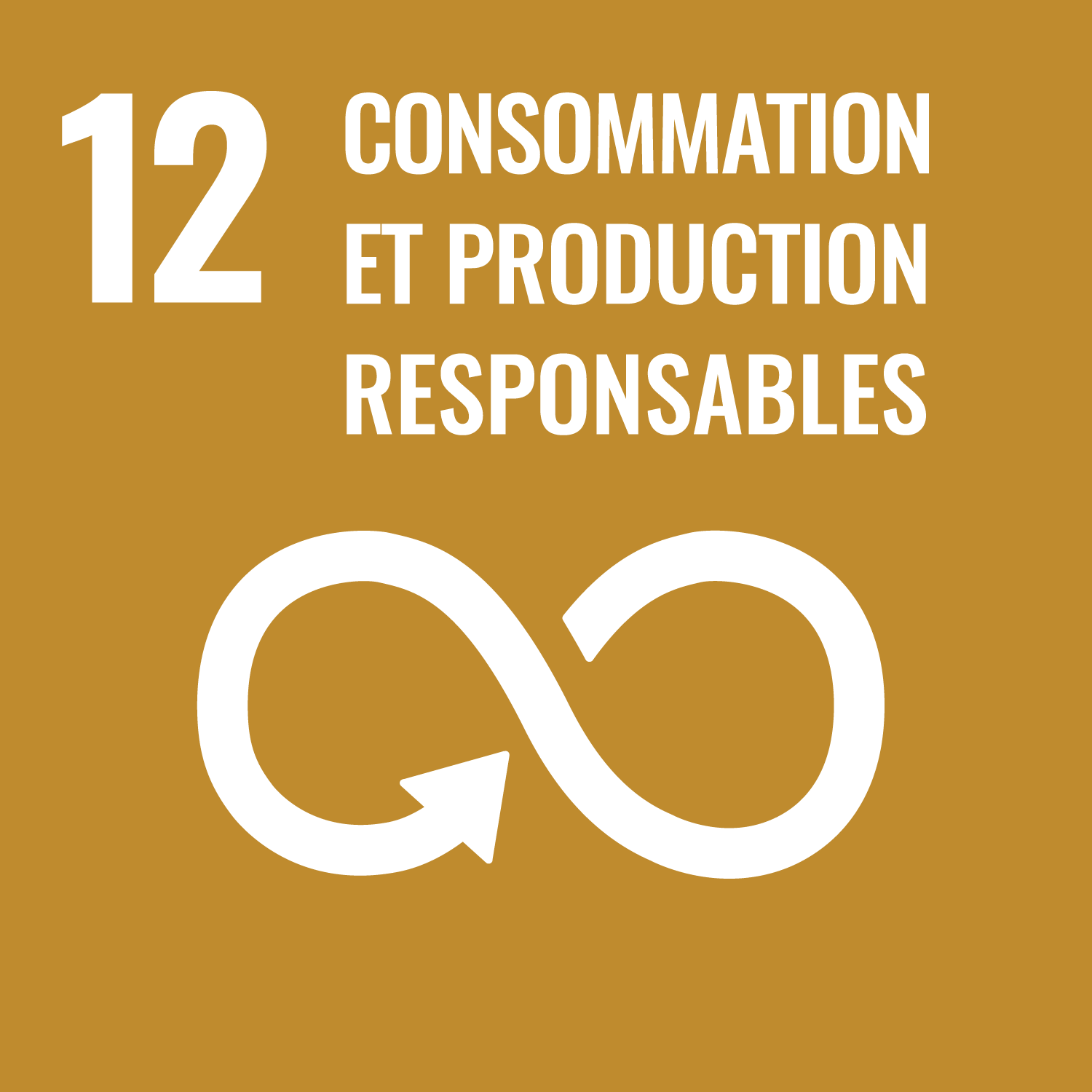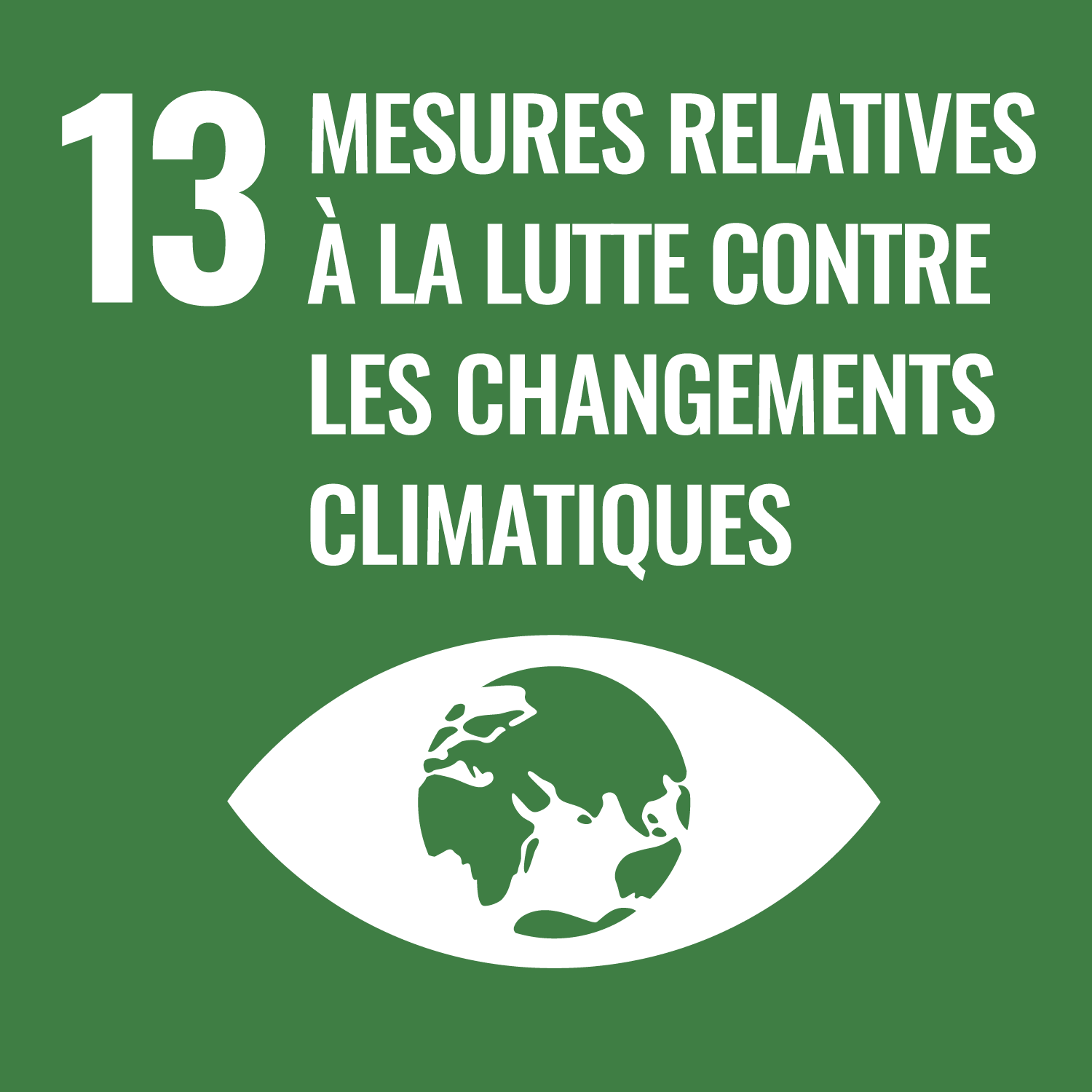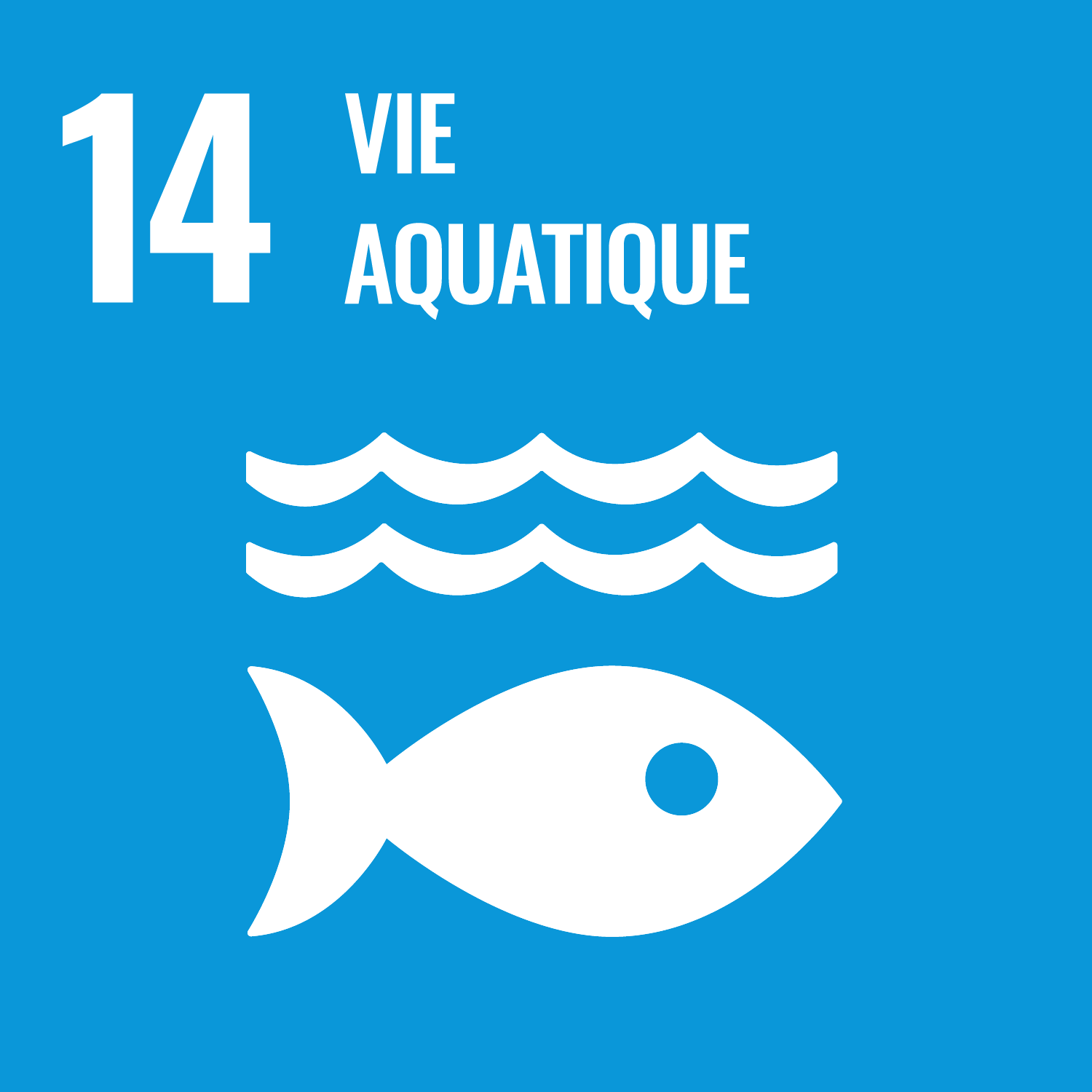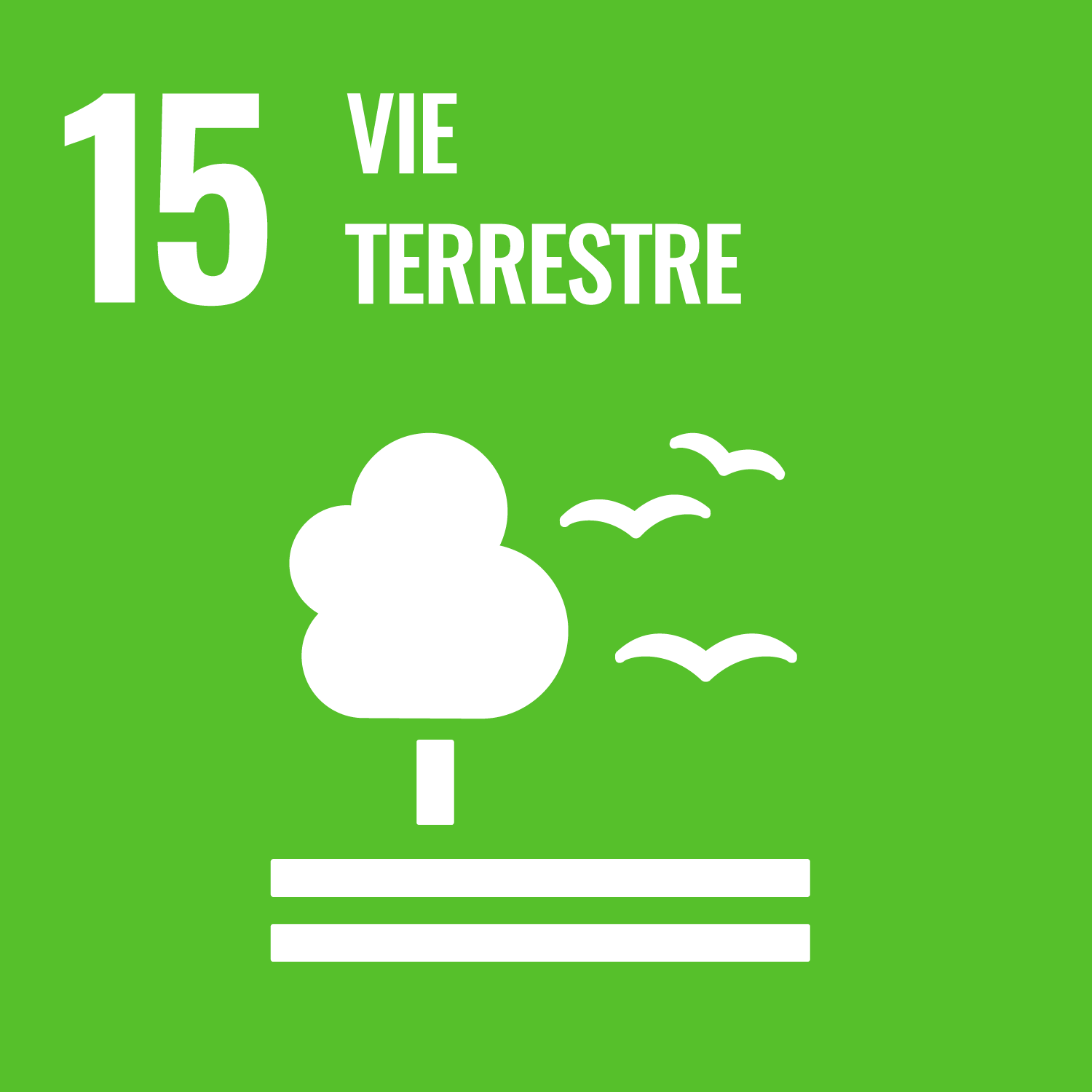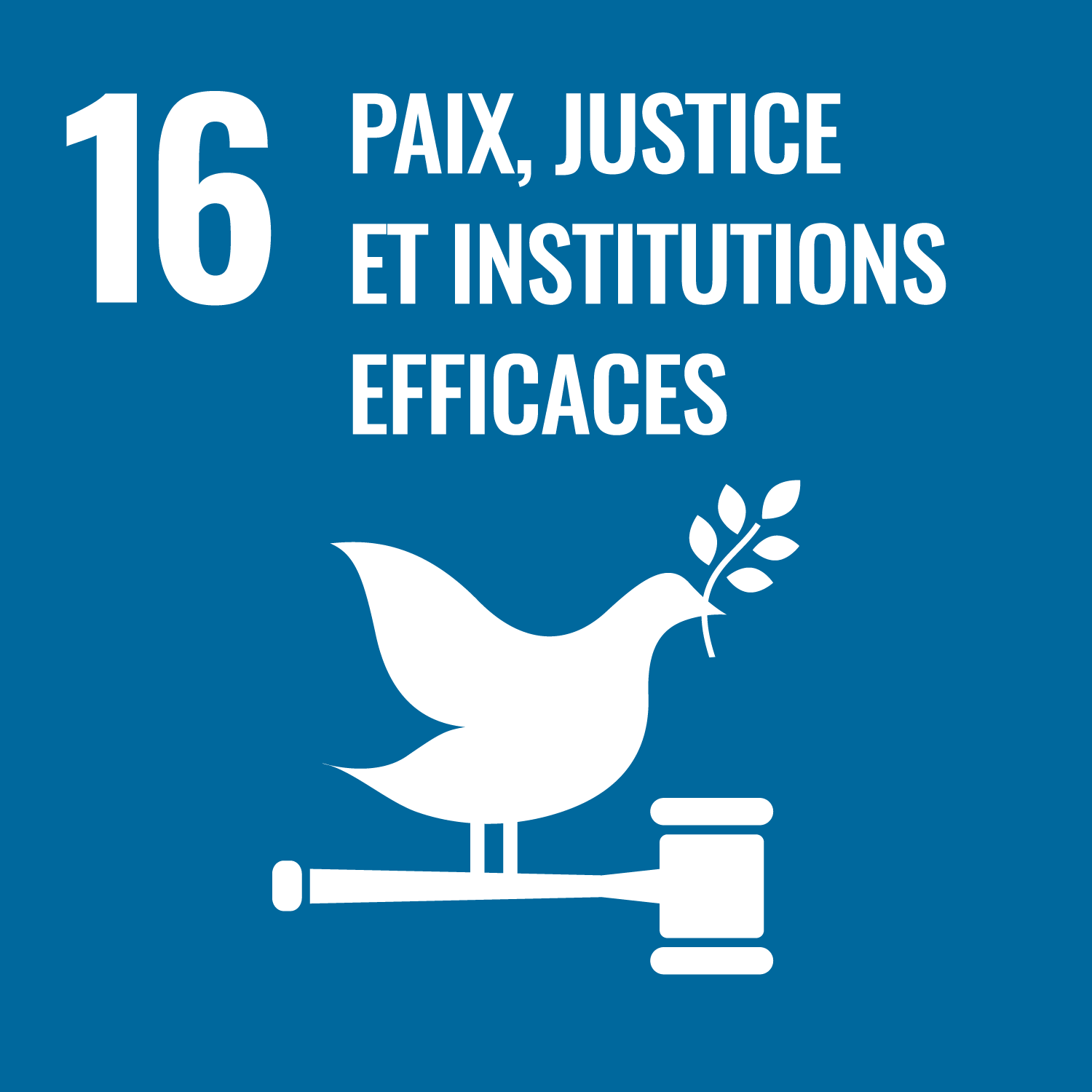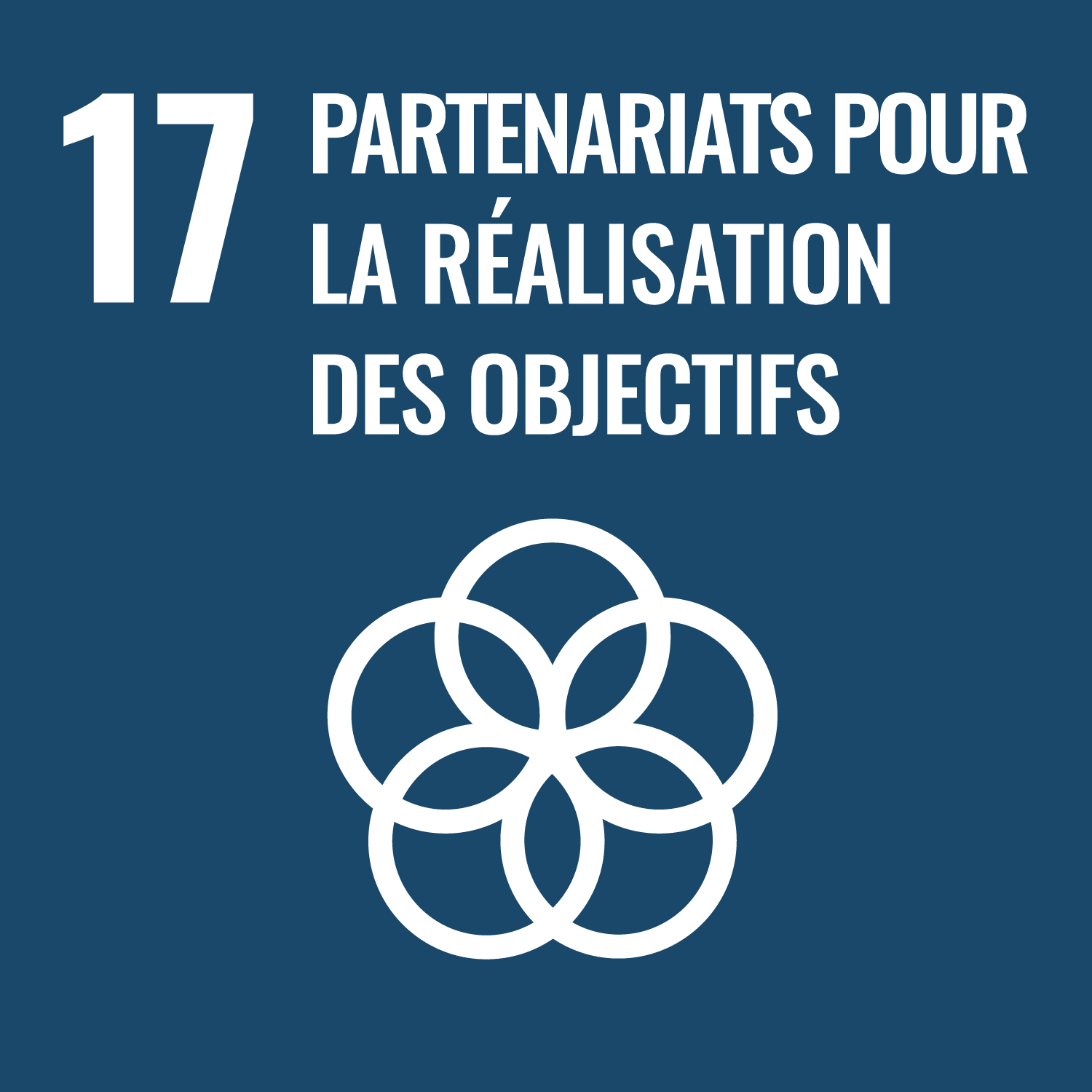Expanding the Social Protection System for Young Men and Women in the Informal Economy
The programme brief description
This Joint Programme is intended to incorporate the youth population (aged 18-29), in conditions of economic informality, into the social protection system and enable their access to decent work. It is estimated that the target group reached 1.4 million people. In the mid-term (early 2022), it is expected to have, at least 70% of the youth population in four territories (Quito, Guayaquil, Loja and Machala) who can improve their access to formal labour and financial inclusion, out of which at least 50% will be women. Similarly, it is expected that at least 40% of the youth population may have access to the contributive social protection system. In order to achieve this Joint Programme, innovative policy instruments and models will be designed to incorporate youth, in the selected territories, in contribution-based social security, while progressively promoting formalization (capacities, abilities and inclusive financial resources); and, eliminating barriers to access formal work, by providing adequate childcare services and access rights regarding parental leaves.
Approach
The project’s aim is to facilitate the transition and access to decent working conditions and social protection services for youth, mainly women.
- A suitable social protection scheme for youth in the informal economy will be designed collaboratively, implemented and tested.
- The approach will take into consideration youth perspectives and sustainability considerations including fiscal sustainability Awareness raising strategies on the importance of long-term social protection will also be put in place.
- There will be a focus on strategies to accelerate the transition of youth to decent labour conditions. The overarching view of this component includes vocational and technical training, inclusive financing mechanisms as well as human rights awareness activities.
- The approach endeavors to socially and economically include young mothers and fathers in equal conditions, by designing and adapting daily care service for working youth in the cities of Quito, Guayaquil, Machala and Loja.
Target groups
Women, children, youth, indigenous peoples, migrants, persons of African descent.
Quick facts
UN Agencies:
ILO, UN Women, UNDP
National Partners:
Vice-president’s Office; Ecuadorian Social Security Institute; Ministry of Social Inclusion; Ministry of Labour
Durée:
Financial Information


